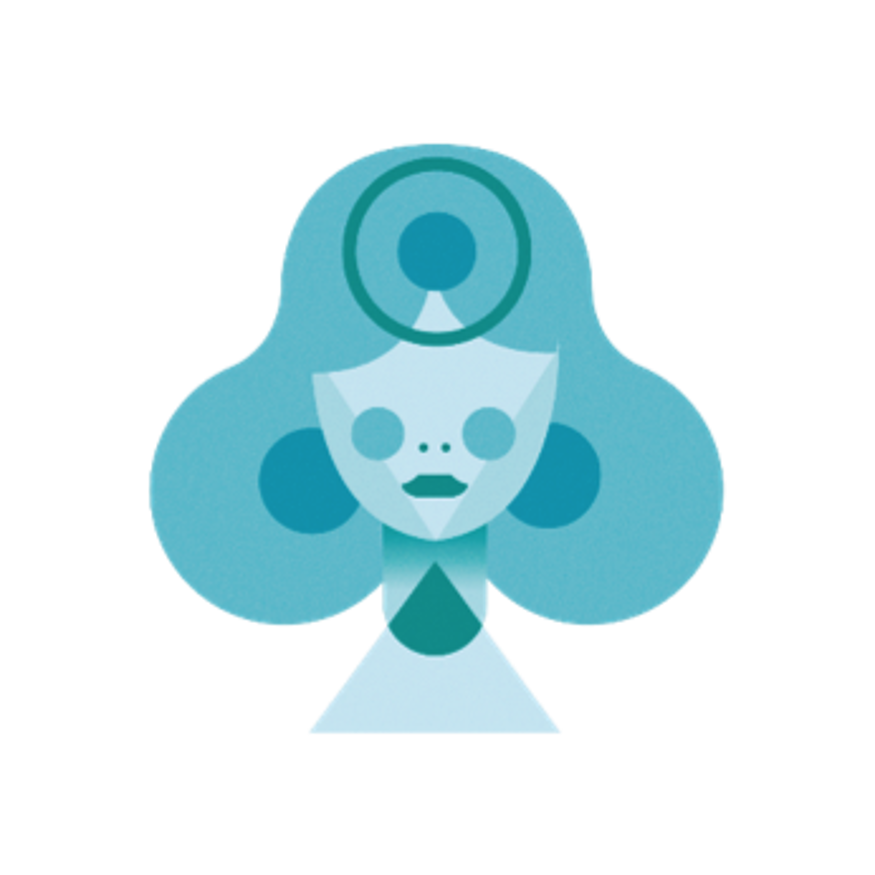Enrol in an online course today for flexible, self-paced learning—no fixed schedule required. Plus, enjoy lifetime access to course materials for convenient revisiting.
Pillars of Strength 8/8: Focusing

In the busyness of our minds, often ruminating on what we cannot change, our frustration builds up in us and we may feel like we are going to explode. For grief sits in the body. Clients often talk about it as “a knot”, or “a block” in their throat, or their stomach. Sometimes it feels like their arms, or their legs, or their heads feel very heavy. Often there are no words for these bodily sensations – focusing is a way of finding those words.
As hard as it may be to persuade ourselves to slow down through mindfulness or relaxation, the research is unequivocal: “engaging in even short bursts of daily mindfulness can help you live a more stress-free lifestyle, combat anxiety and depression, focus your mind and improve productivity, and even ward off some common physical ailments” (Jon Kabat-Zinn, Mindfulness for Beginners: Reclaiming the Present Moment-and Your Life, 2012).
‘Focusing’ is the technique, from Eugene Gendlin, that helps me open up and release that bodily intelligence in clients. They can also do it by themselves. Often it leads to further visualisations and healing experiences that the conscious mind does not allow. There are many stories in my book, Grief Works, of someone stuck in their grief being able to access a different perception of themselves through visualisation.
How focussing works
When I work with clients, I suggest they move their attention internally, becoming aware of a vague sensation in their body, breathing into, ‘focusing’ on this ‘felt sense’. It gives them information that is not in conscious awareness.
Ask your client to do the following:
Close their eyes
Breathe deeply and slowly. In through the nose, and out through the mouth, three times.
Move their attention internally.
Move their attention around their body until they find the place where there is most sensation.
Breathe into the place.
Find a word that describes that place – does it have a shape, a colour, is it hard, is it soft?
If the image could speak, what would it say?
Then follow where the images takes them.
There are many sources to release the chatter of our busy brain and access the inner peace and wisdom that is within each of us. For some people it is a practice of regular mindfulness, where we pay attention to the sensations in our body in the present moment, not looking back or forward. The most popular App for that is HeadSpace.
You can encourage your client to develop a relaxation exercise that works for them, such as yoga. I recommend Adriene on YouTube, or joining a Yoga class, or their own practice. The important thing is to stop and breath, try and quieten their mind, and follow their breath as they breathe in light and energy and breathe out their stress. Research shows that a regular practice of Yoga or dance are two of the most helpful things we can do to help with trauma.
Find out more about Julia’s work and writing at https://juliasamuel.co.uk/


















